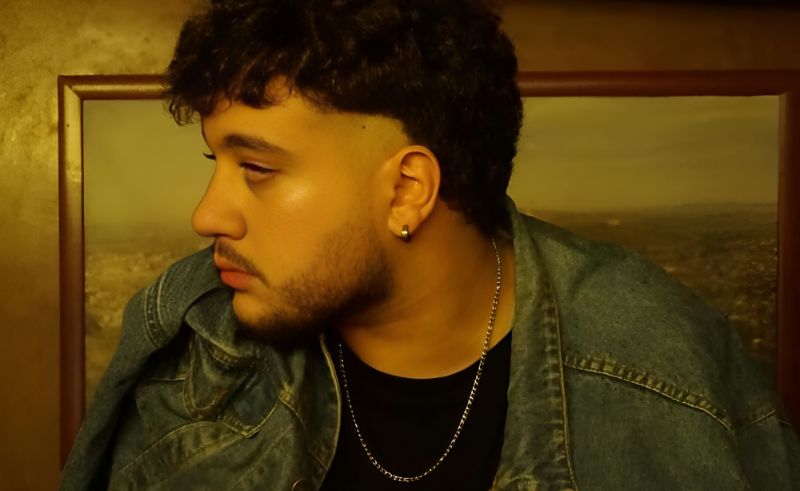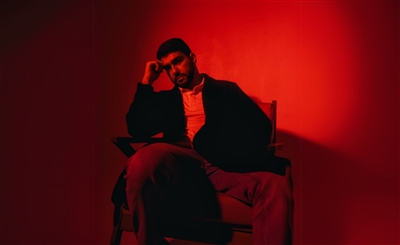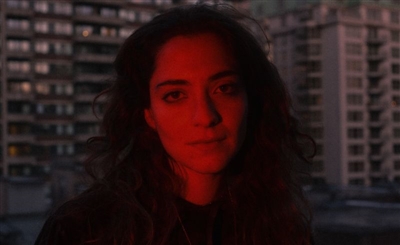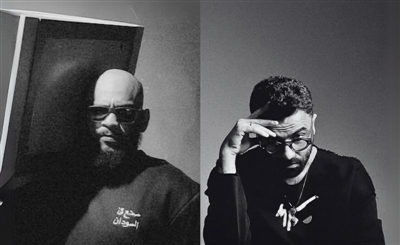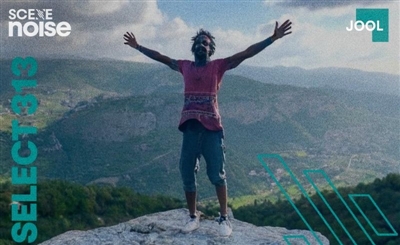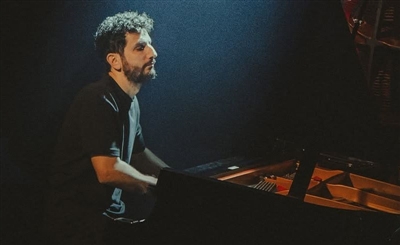Rising Moroccan rapper Jbiina ventures into new sonic territory on his new rage rap album, ‘Jbexx’. Across 11 tracks, he draws from the idiosyncrasies of his personal life, mediating on toxic friendships and betrayal through introspective bars and aggressive delivery, all set against short looping stereo-widened future bass-influenced synthesisers. With classic trap and rage influences, he sheds away layers of his skin, without caring to appeal to anyone. Simply put, the record is as expressive as it is colourful.
The opening track ‘Fuck Zara’ is a bizarre blend of metal, rage and trap. Listening to the first few seconds, you might actually mistake it for Xander Ghost and Abyusif’s recent collaborative track, ‘Ashrar’. The beat is hard-hitting, punchy and aggressive with fast-paced intricate hi-hat patterns, complementing Jbiina’s provocative lyricism and unapologetic satire.
As we move on to the second and third tracks - ‘L3a9a Talk’ featuring Lordie the Goat and ‘Rojola’ - Jbiina opts for a more classic trap cut, delivering introspective bars in a laid-back flow over melancholic beat.
The production on ‘Fake’, however, leans more towards afro-house. The beat is tribal, and driven by percussion and polyrhythms, featuring repetitive drum patterns and four-four kicks. It is soft, light and playful, yet strong and driving at the same time.
Halfway through the album, ‘4x Interlude’ comes in, a full out instrumental track featuring lush sweeping synths, adding an atmospheric and eerie touch to the record.
Meanwhile, ‘Mal’, a collaborative track with Marrakech-based rapper Anys, sees Jbiina experimenting with odd time signatures, crafting a cacophony that, though it may seem obscure at first, is quite refreshing.
At the final tracks of the record, ‘Vous Deux’ (featuring his amigo Tchubi) and ‘I Love You’, Jbiina goes back to the roots of pure trap music, ending the album on a note that is drastically different from the one he kicked off with. The track’s production is lush, simple, rhythmic and minimalistic, with hints of psychedelic undertones.
While the album is not sonically cohesive per se - it’s more of a diary of the artist’s raging and scattered thoughts - Jbiina’s exploratory tendencies and vulnerability is what set it apart in the Moroccan hip-hop scene. Though some would see ‘Jbexx’ as an incoherent record, it’s actually a true representation of Jbiina’s seemingly experimental phase, where he delves into various genres and influences all at once. He is just trying to find who he really is, which is ultimately an essential part of every artist's development.


